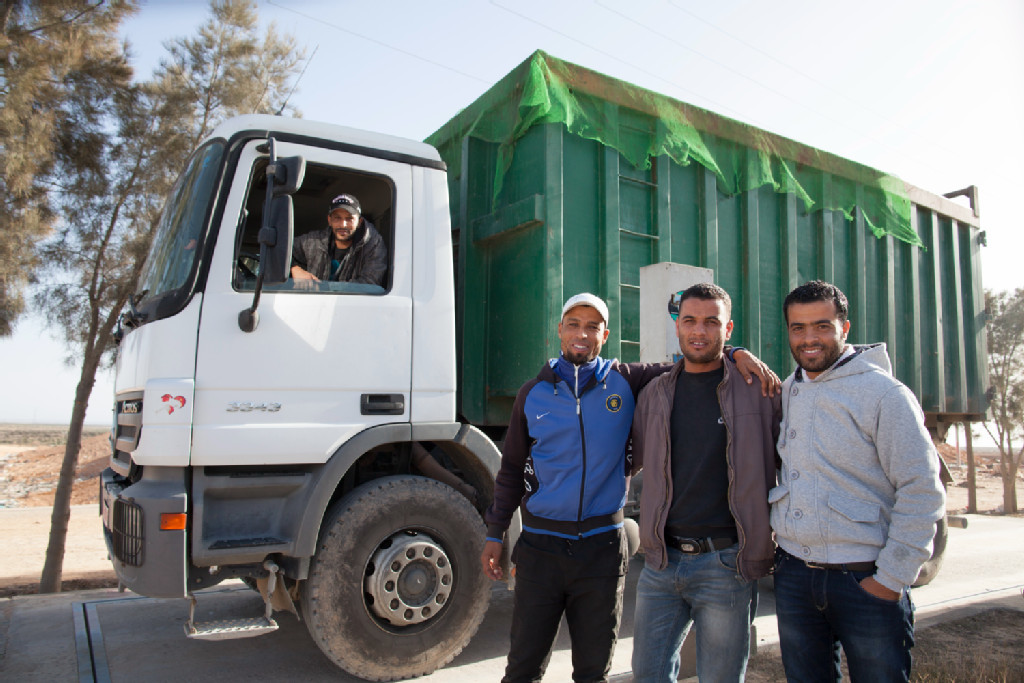Economic reforms and improved competitiveness have brought forth new, dynamic growth markets in many parts of Africa. African countries increasingly offer attractive prospects for companies and investors: a young population, growing availability of skilled labour, rising purchasing power, new markets, and integration into global value chains.
With annual growth rates of seven percent and higher, African countries are among the world’s fastest growing economies. However, Africa needs about 20 million jobs per year to provide its young population with prospects for the future. Under the Invest for Jobs brand, the German Federal Ministry for Economic Cooperation and Development (BMZ) has put together a package of measures to support German, European and African companies in investment activities that have a high impact on employment in Africa. The Special Initiative "Decent Work for a Just Transition" – the official title – offers comprehensive advice, contacts, and financial support to overcome investment barriers.
The development objective is to work together with applicants to create good jobs and to improve working conditions and social protection in its eight African partner countries: Côte d’Ivoire, Egypt, Ethiopia, Ghana, Morocco, Rwanda, Senegal and Tunisia.
 KfW-Bildarchiv / photothek.net
KfW-Bildarchiv / photothek.net